Khan Academy
Updated June 24, 2024
Khan Academy was founded by Salman Khan, an educator whose journey began with tutoring his cousins remotely in 2004. This initiative evolved into what we now know as Khan Academy, officially becoming a nonprofit organization in 2008. Sal Khan started this venture to provide a free, world-class education to anyone, anywhere. He holds three degrees from MIT and an MBA from Harvard, bringing a rich educational and practical background to the platform’s development (Wikipedia) (CHM). Since its inception, Khan Academy has grown to serve nearly 20 million users monthly across 190 countries. The platform has garnered support from influential organizations like the Bill and Melinda Gates Foundation. Sal Khan himself has been recognized with numerous prestigious awards, including the Padma Shri from India and being listed among TIME’s 100 Most Influential People. These accolades underscore the significant impact of Khan Academy on global education (Wikipedia) (CHM).
Grades Covered: Kindergarten through 12th grade
Cost: Entirely free, making it an accessible option for families of any background.
What It Is
Khan Academy is a free, internet-based platform that aims to provide a "free, world-class education for anyone, anywhere." It offers an extensive range of educational materials that are designed to cater to the learning needs of K-12 students across various disciplines. The platform's mission is grounded in the philosophy of self-paced learning, where students can access content anytime and progress according to their own pace (Wikipedia).
How It Works
The platform functions through a user-friendly interface that presents video lessons, interactive exercises, and supplementary articles. These resources are designed to facilitate deep understanding and retention of knowledge. The interactive aspect is enhanced by features that allow learners to track their progress and educators to tailor assignments and assessments to the needs of their students, making it highly adaptable for homeschooling (Wikipedia).
Educational Content Included
Mathematics: Basic arithmetic to advanced calculus
Science: Including earth science, biology, chemistry, and physics
Economics and finance: Basic economic principles to advanced finance
Arts and humanities: History, government, and art appreciation
Computing: Computer programming and digital literacy
Test preparation: SAT, MCAT, and other standardized tests
Language arts: Reading comprehension and writing skills (Wikipedia)
Strengths
Khan Academy’s major strengths lie in its accessibility and depth of content. The platform is lauded for making education accessible to anyone with an internet connection, completely free of charge. Its self-paced and mastery-based approach allows students to thoroughly understand each concept before moving forward. Additionally, the integration of innovative tools like the AI assistant Khanmigo illustrates Khan Academy’s commitment to leveraging technology to enhance learning (Wikipedia) (CHM).
Areas for Improvement
Despite its strengths, Khan Academy faces criticism related to the monotony of its course delivery and the occasional inaccuracies in its content. Some users find the video-based lessons to lack engagement and variety, which can make the learning experience somewhat tedious. This aspect of the design could be improved by incorporating more dynamic and interactive elements to captivate students’ interests more effectively. Moreover, the platform has been responsive to feedback regarding content inaccuracies by continuously updating its materials and expanding its team of educational experts to ensure quality and reliability (CHM).
Overall Educational Value Score: 61/100
Positive Score: 71
Negative Score: 10
Khan Academy scores a solid 61 for its overall educational value. The platform’s strengths include its comprehensive and free content, accuracy, and focus on deep learning. It is particularly valuable for independent, self-motivated learners and those who benefit from flexible learning schedules. However, its video-based format can become monotonous, and the pressure from its scoring system may stress some students.
Positive Scores
Uniqueness (7/10) Khan Academy is unique for its comprehensive, free access to a wide range of subjects. It stands out due to its extensive video library and practice exercises across K-12 education. However, it lacks some of the immersive, interactive experiences found in platforms like Minecraft or Roblox (How Do I Homeschool?) (Cathy Duffy Reviews).
Engagement (6/10) While some children find the videos engaging and enjoy the self-paced learning style, others report that the format can be monotonous and uninspiring over time (The Organized Homeschooler) (ConsumerAffairs).
Accuracy (9/10) The content is generally accurate, with occasional errors that the organization promptly corrects. Khan Academy is highly regarded for its reliable educational resources (Cathy Duffy Reviews) (How Do I Homeschool?).
User-Friendliness (8/10) The platform is straightforward to navigate, but some users have experienced issues with certain quizzes and the need to repeat entire sections for minor mistakes. Despite these minor frustrations, the interface is considered intuitive (ConsumerAffairs) (Homeschooler Pro).
Pedagogy (8/10) Khan Academy uses effective teaching methods, such as mastery-based learning, which aligns well with educational best practices. It helps students grasp concepts thoroughly before moving on to more complex topics (Wikipedia) (Cathy Duffy Reviews).
Homeschooling Suitability (7/10) Homeschooling parents appreciate Khan Academy for its flexibility and extensive resources, although some find it necessary to supplement with additional materials for a more rounded education (How Do I Homeschool?) (Homeschooler Pro).
Learning Focus (9/10) The emphasis is on deep, comprehensive learning rather than mere test preparation. This approach encourages a robust understanding of subjects (Cathy Duffy Reviews) (How Do I Homeschool?).
Personalization (7/10) Khan Academy allows customization to some extent, enabling students to learn at their own pace. However, it could offer more tailored learning paths (Homeschooler Pro) (Smart Parent Advice).
Special Needs Accommodation (6/10) The platform provides resources that can benefit children with learning disabilities, though it lacks specific features designed exclusively for special needs students (Smart Parent Advice).
Value (10/10) Being a free resource, Khan Academy offers incredible value for money. Its comprehensive and high-quality content at no cost is unparalleled (Homeschooler Pro).
Negative Scores
Boredom (5/10) Some users find the video-based learning format to be dull and repetitive, which can lead to disengagement over time (ConsumerAffairs).
Addictive Components (0/10) There are no reported addictive components within Khan Academy. The platform focuses on educational value without incorporating elements that might negatively impact children (How Do I Homeschool?).
Violence (0/10) There is no violent content on Khan Academy, making it a safe choice for young learners (Homeschooler Pro).
Unhealthy Competition (2/10) The competitive aspect is minimal. However, some students feel pressured by the platform’s scoring system and quizzes, which can be stressful if they aim for perfection (ConsumerAffairs).
Excessive Prioritization of School Standards (3/10) While Khan Academy is comprehensive, it sometimes aligns too closely with standardized tests, potentially at the expense of creative and critical thinking skills (Homeschooler Pro).
Ideal Fit
Khan Academy is particularly well-suited for independent learners who thrive in a self-directed environment. It is ideal for students who prefer a flexible learning schedule and for those who require additional resources to supplement their traditional schooling. Its comprehensive coverage makes it a valuable tool for homeschooling families looking to enrich their educational offerings (Wikipedia).
Not an Ideal Fit
Khan Academy might not be the best fit for students who need high levels of interaction and engagement with teachers and peers. Those who benefit from structured learning environments and direct personal feedback might find the platform less effective as a standalone educational resource (Wikipedia).
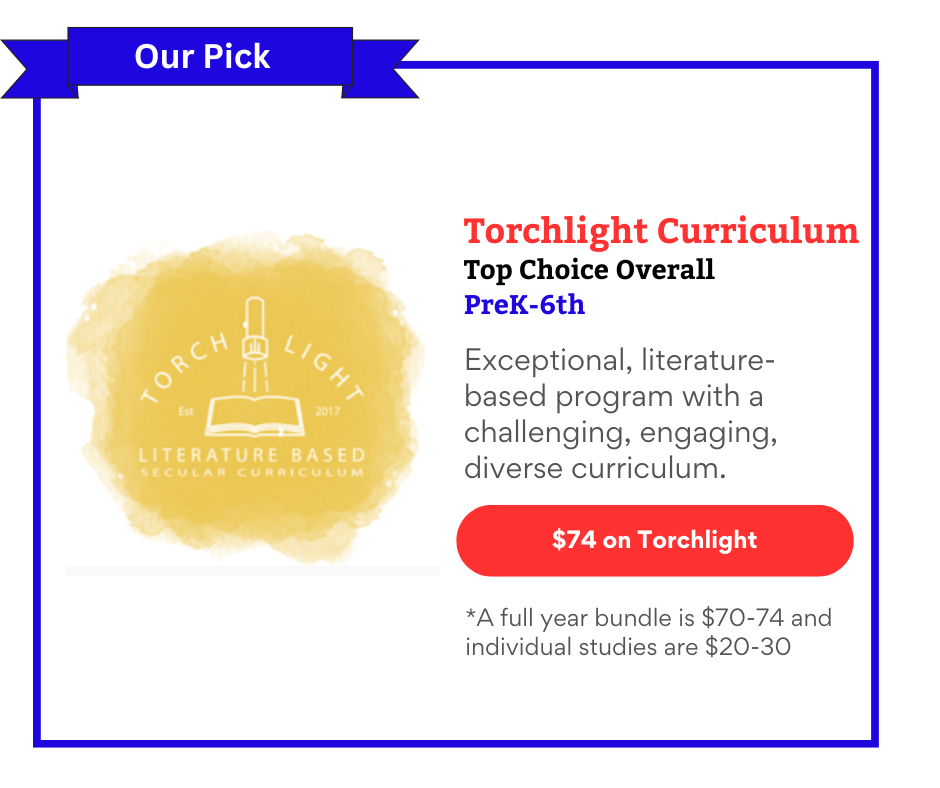

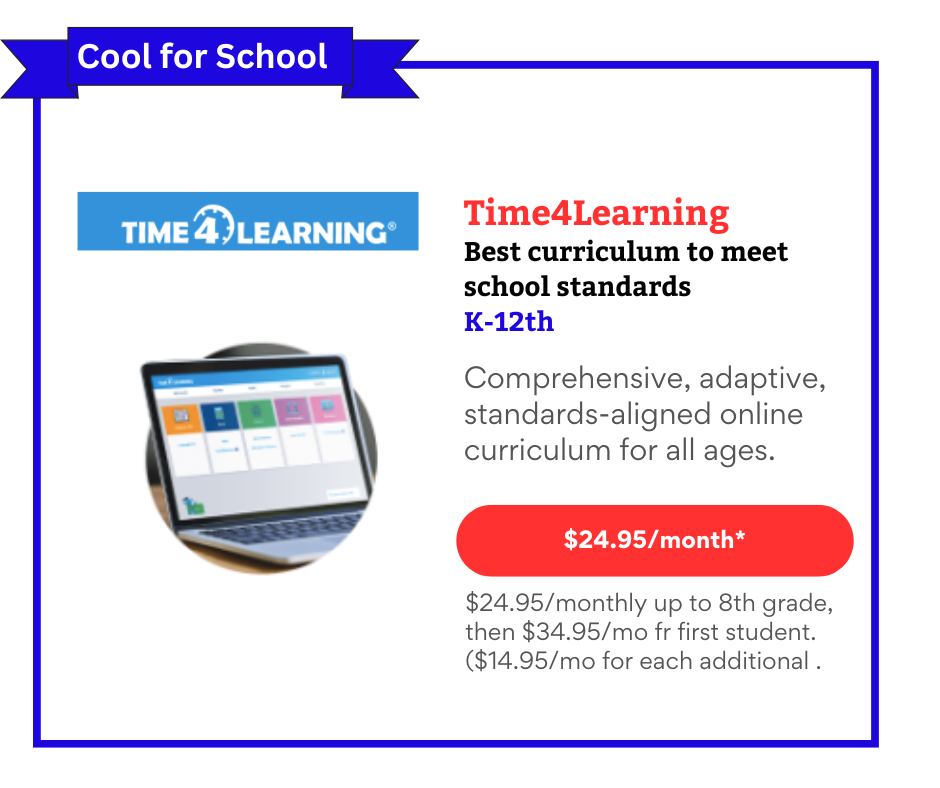
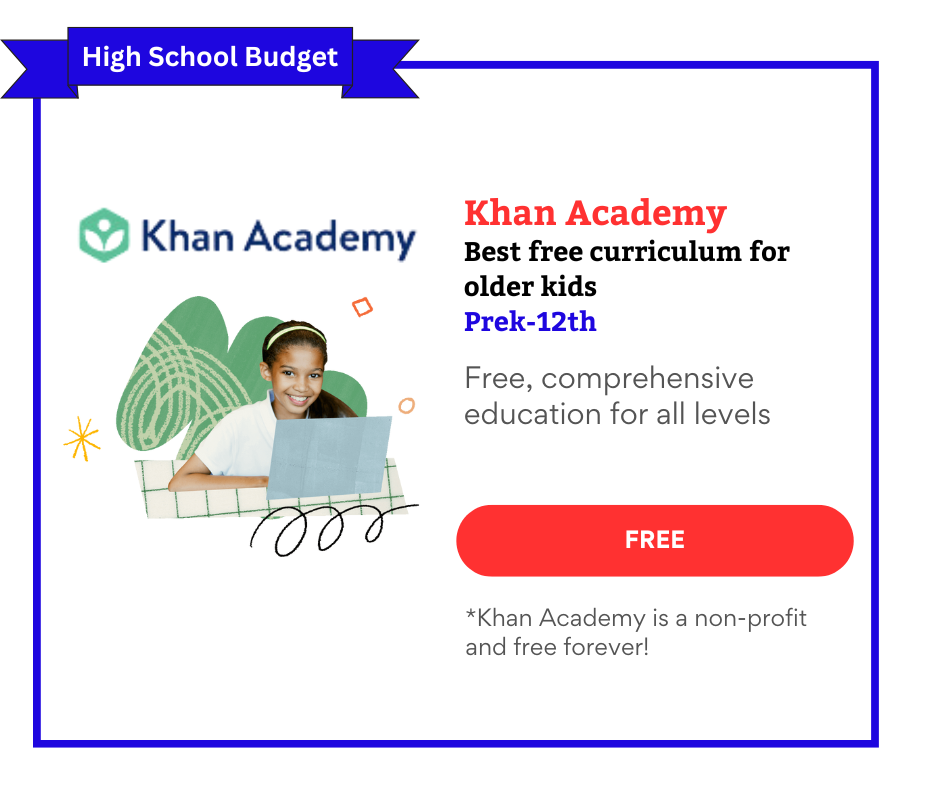

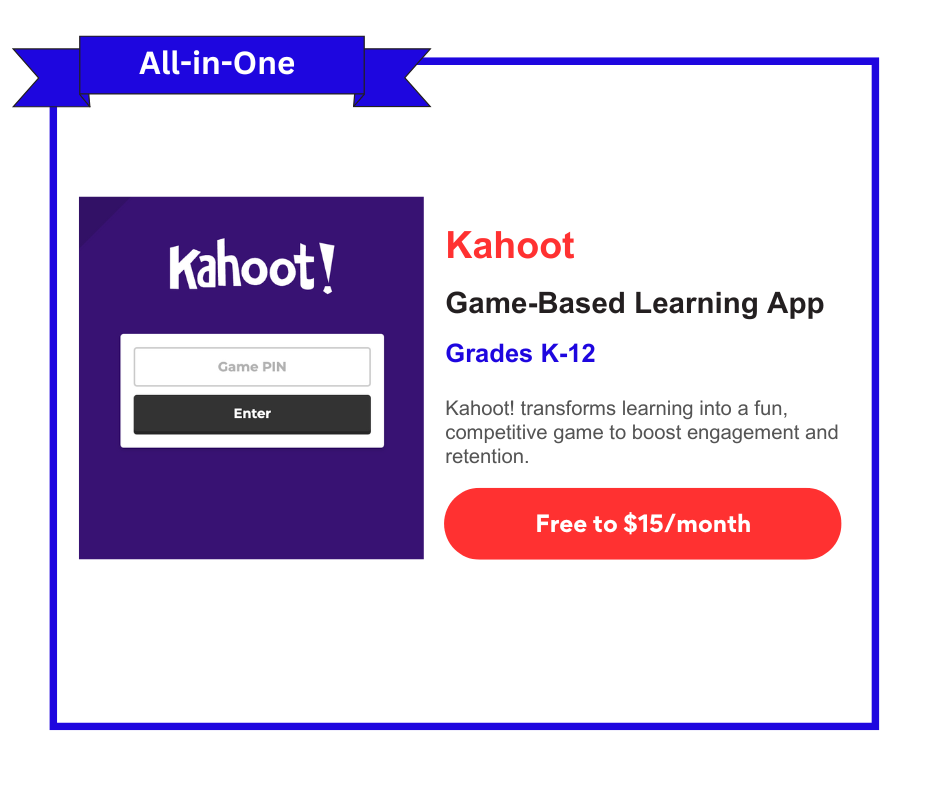
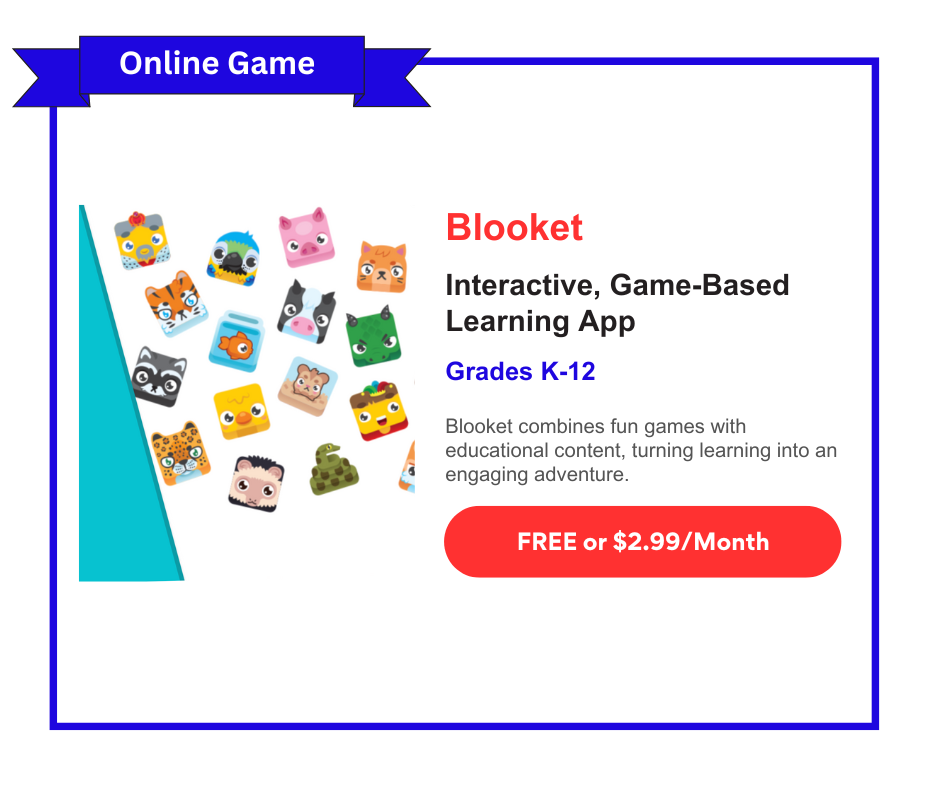
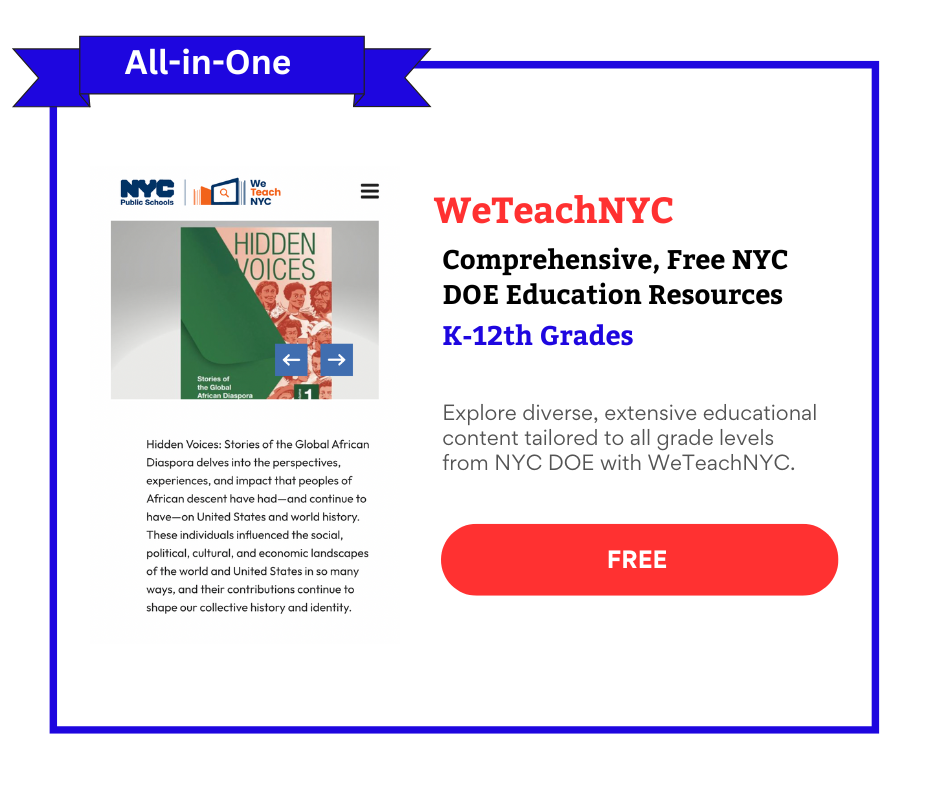

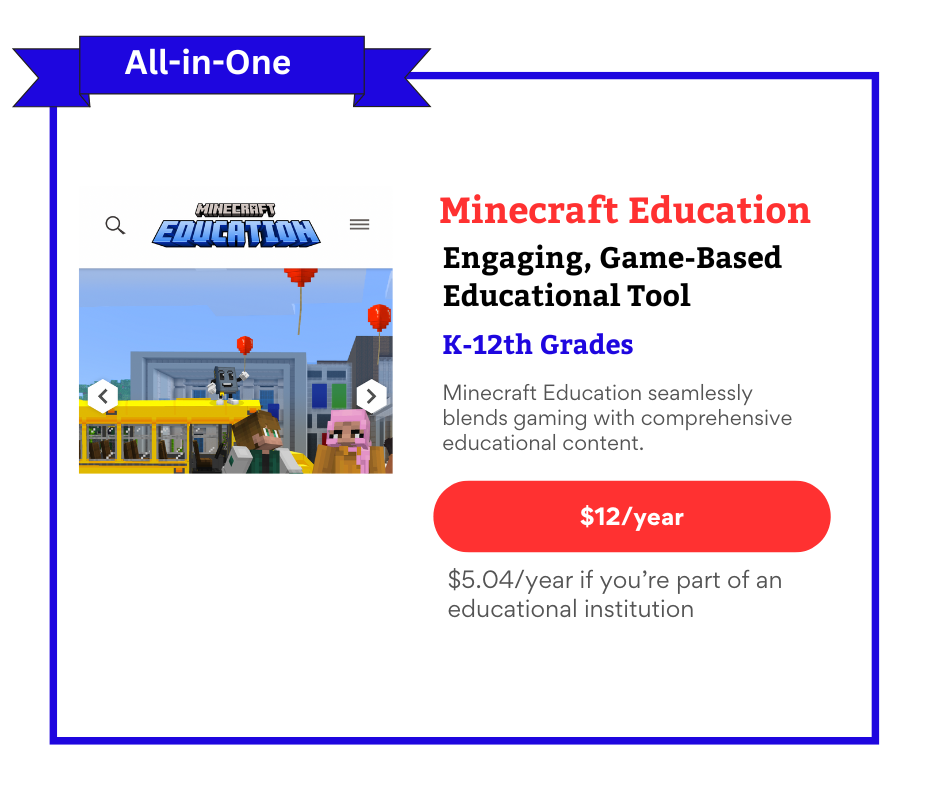
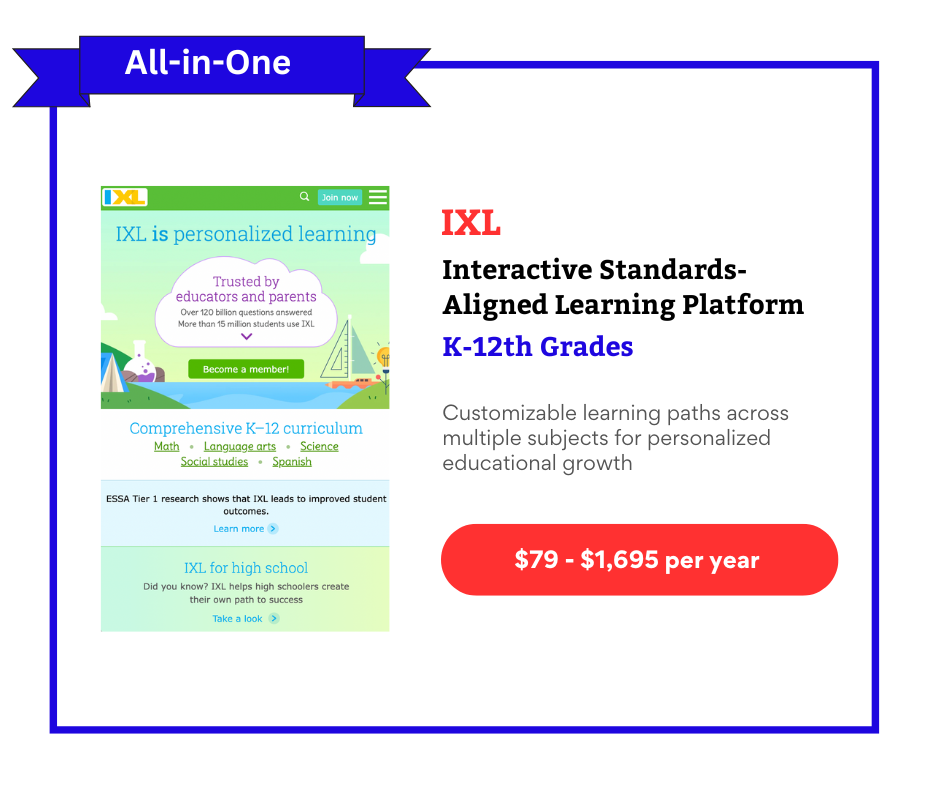
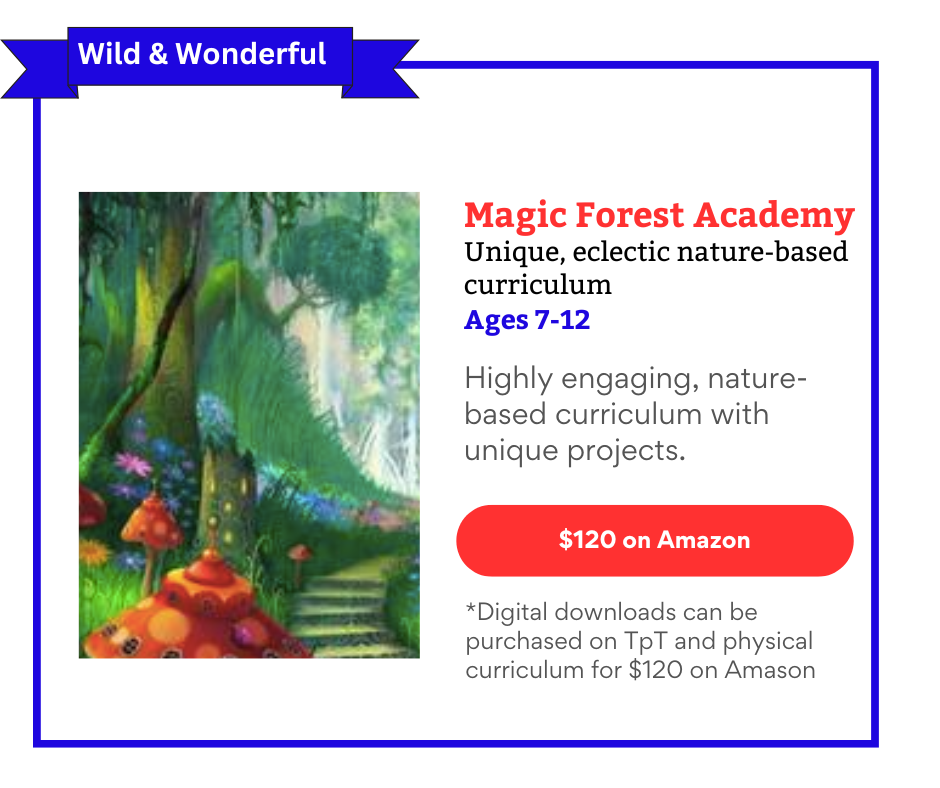
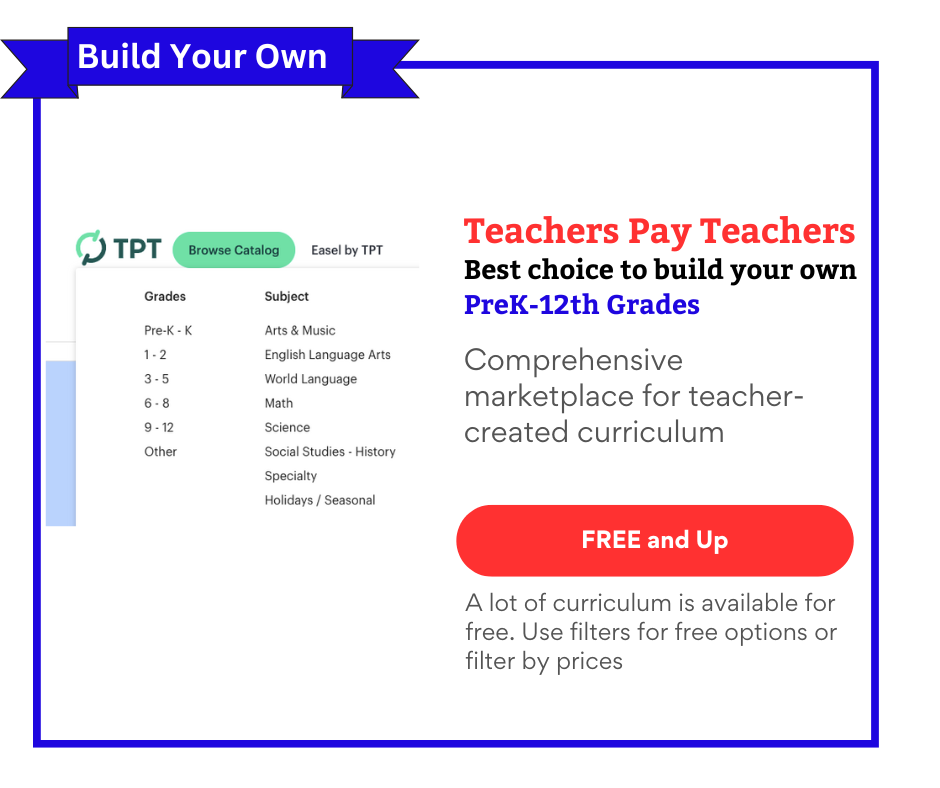
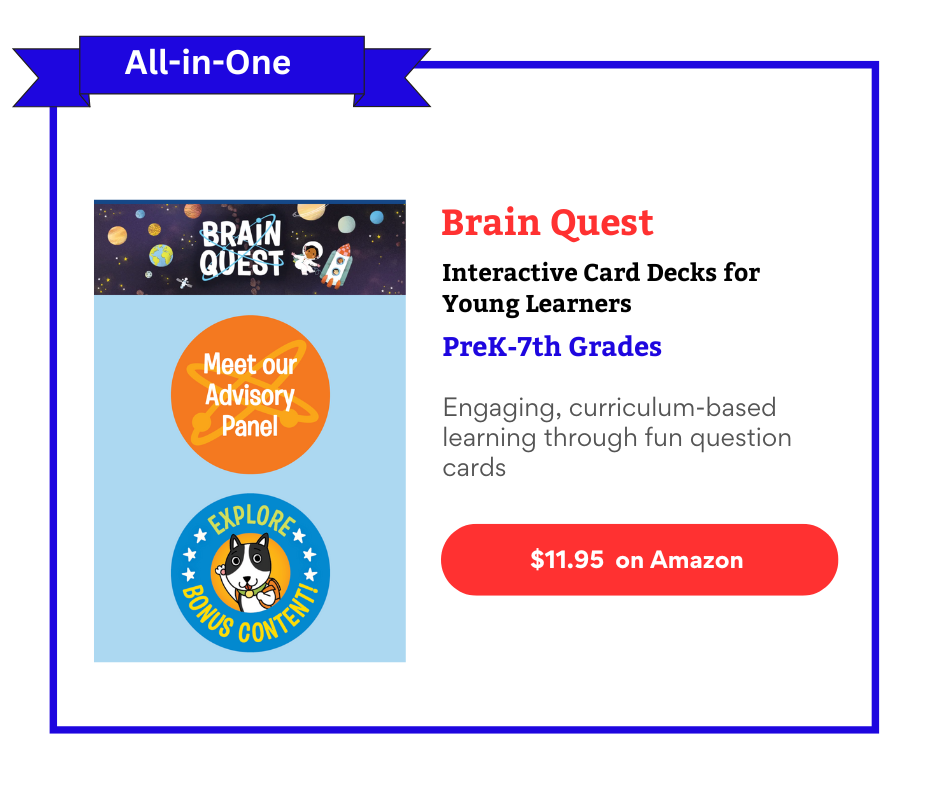

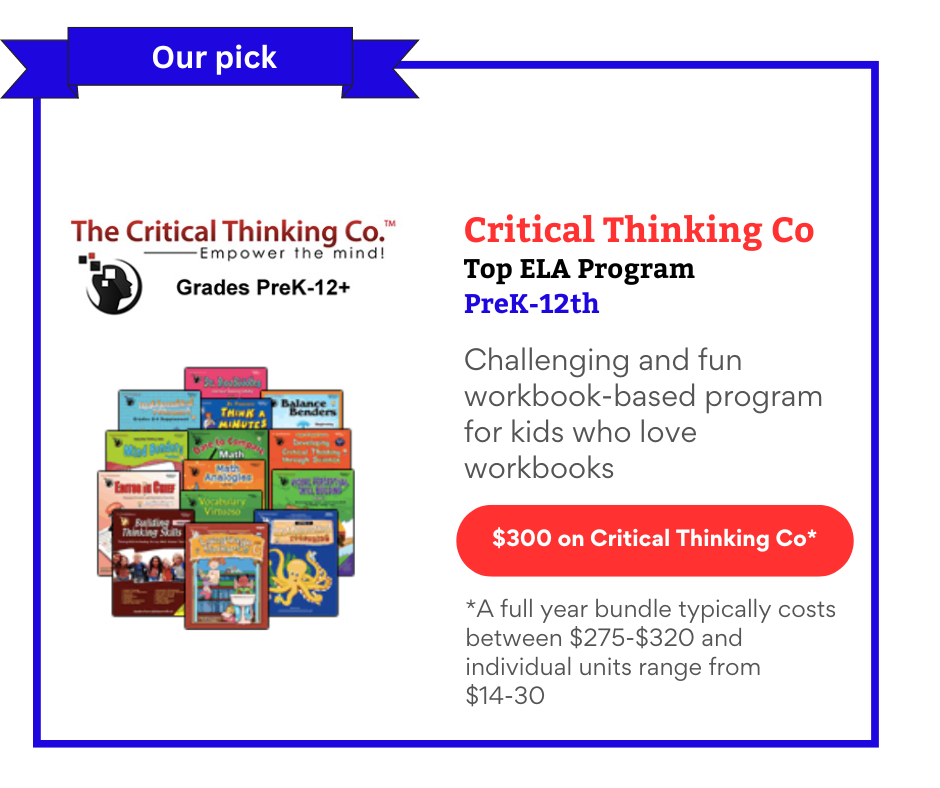
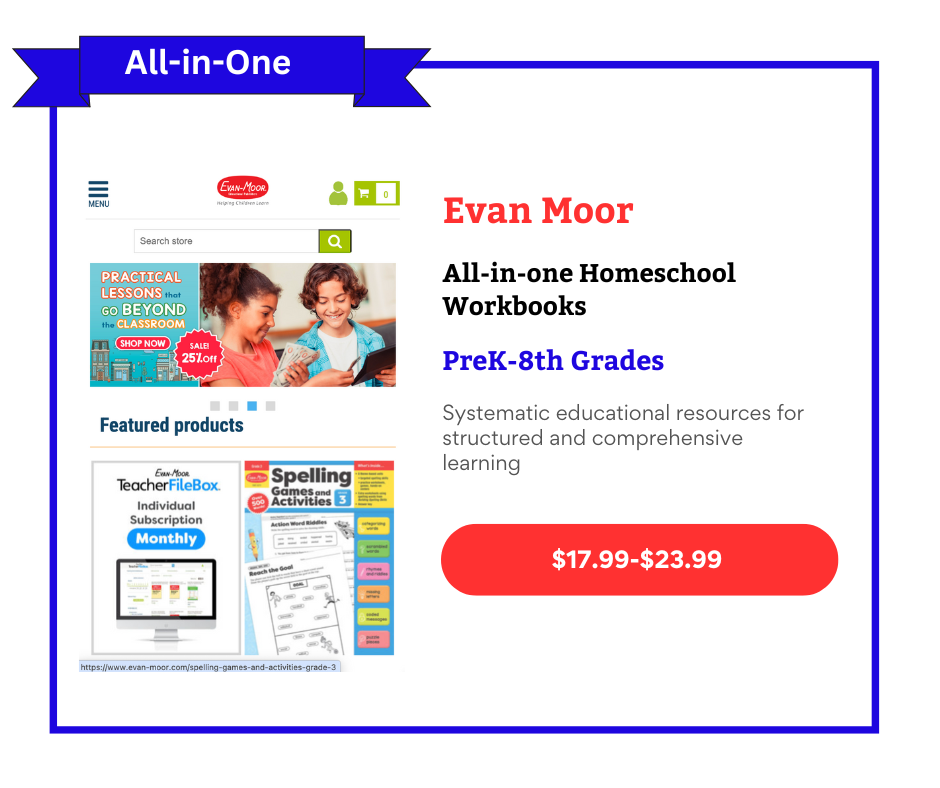
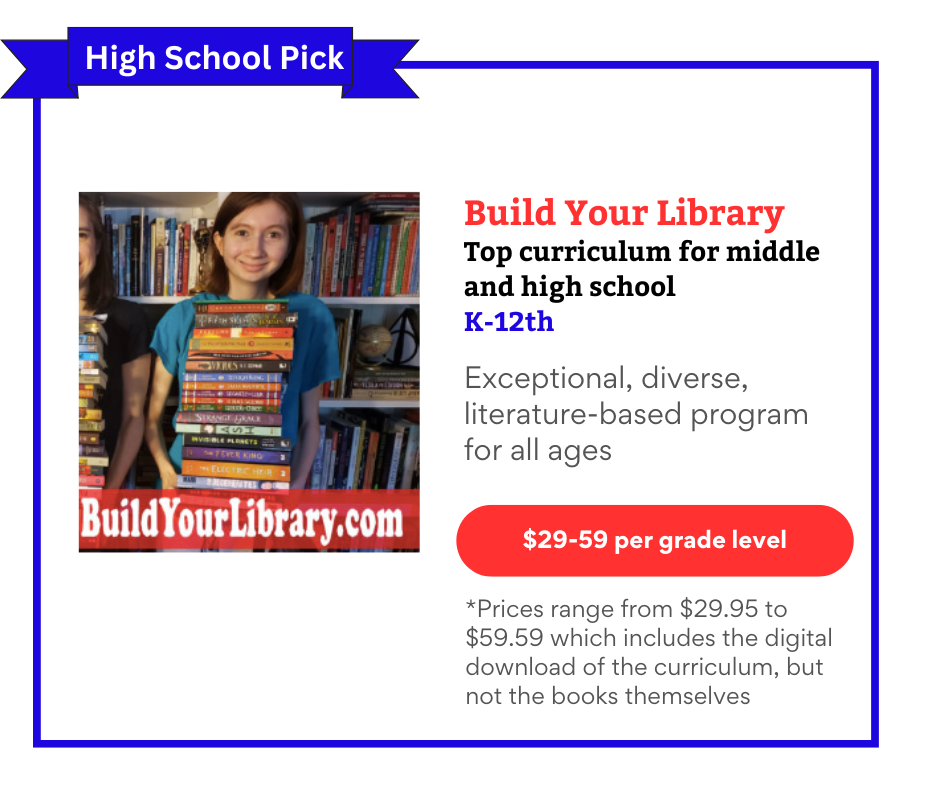

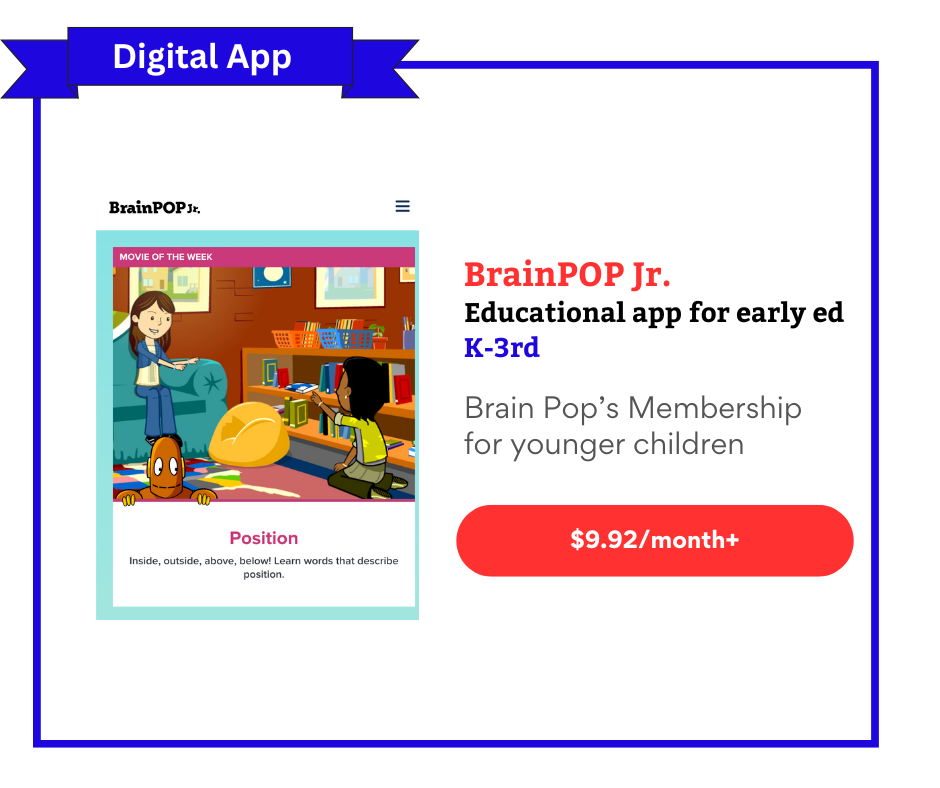
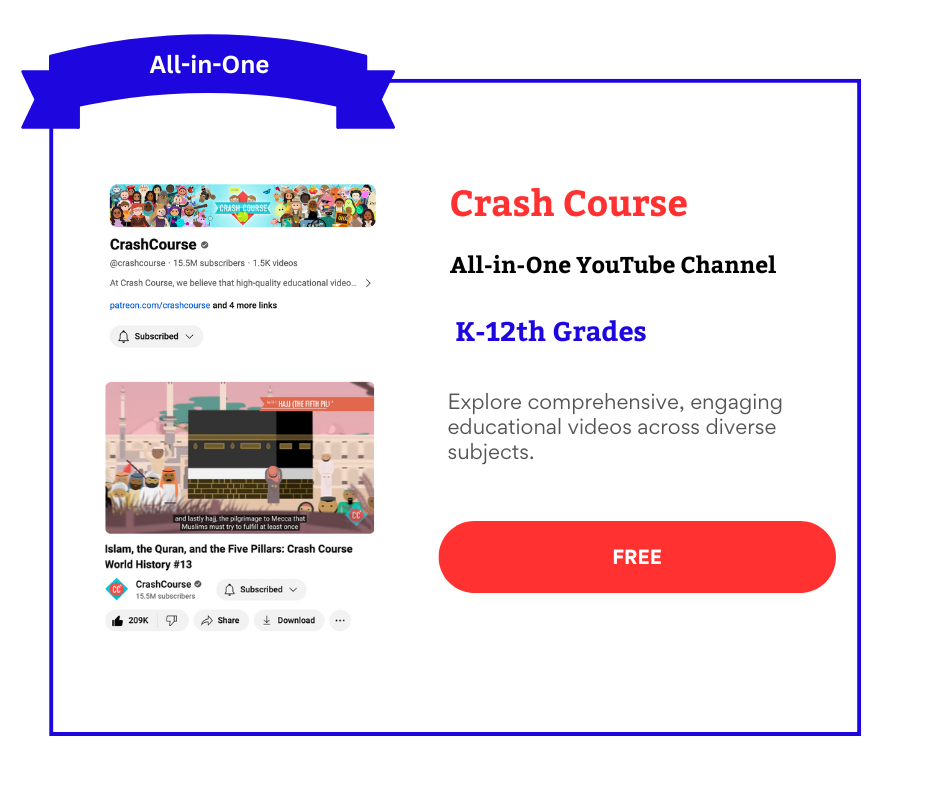
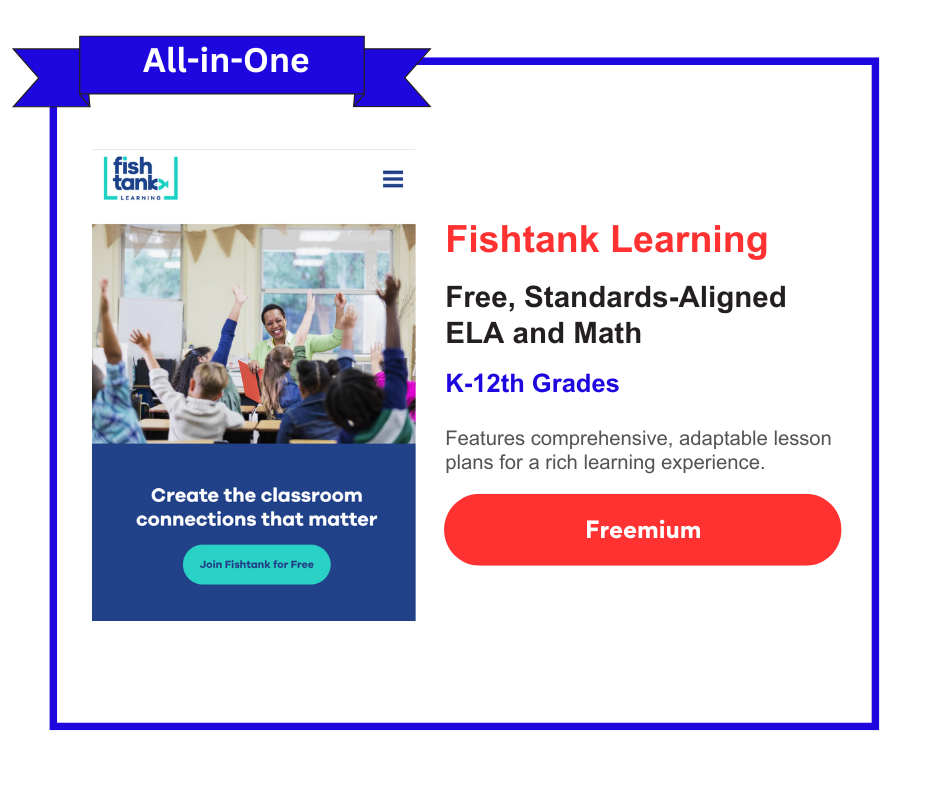







Dive into our comprehensive review of Blossom and Root, a secular, nature-based homeschool curriculum that combines flexibility with a rich integration of the arts and literature. Discover how it can transform your homeschooling experience.